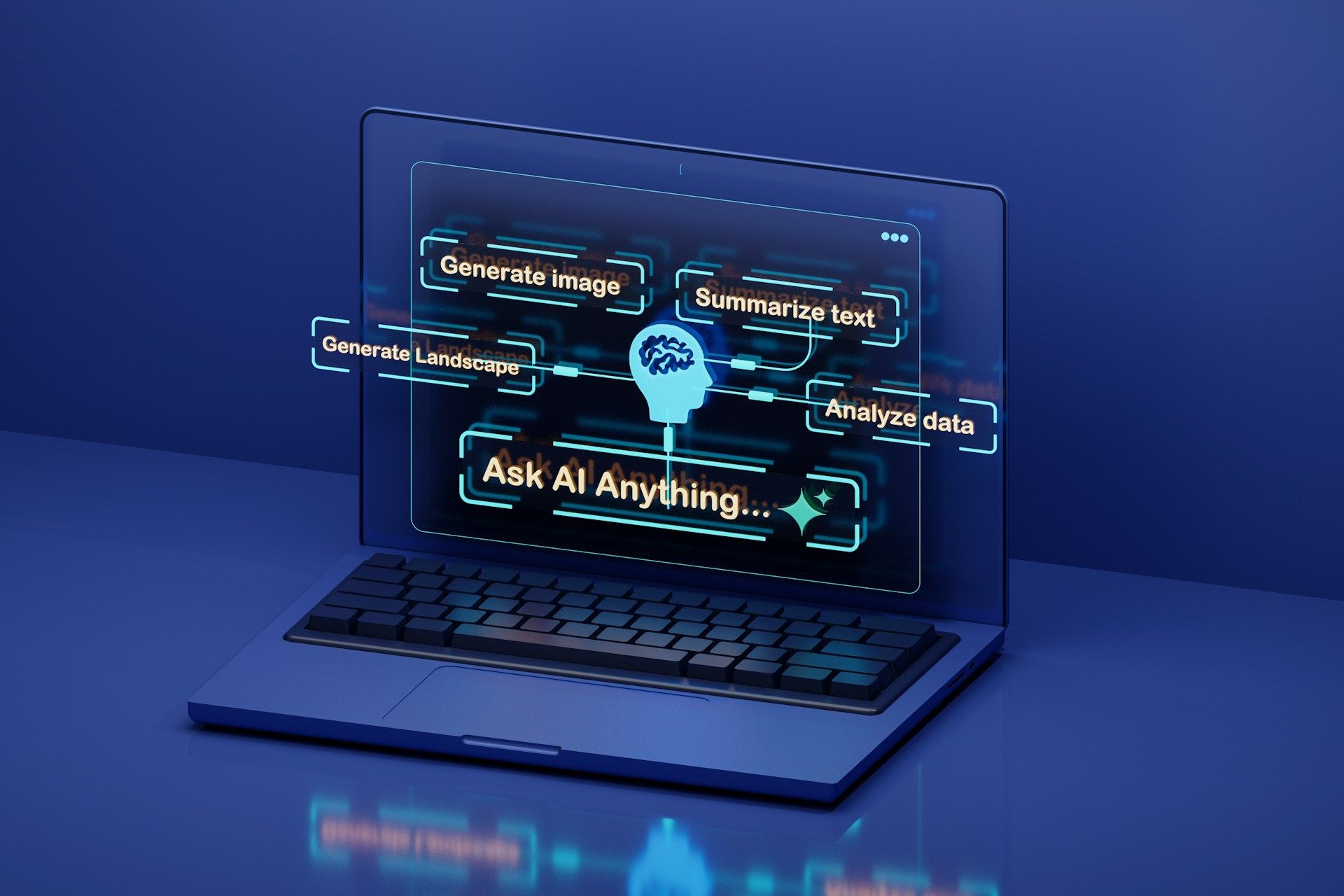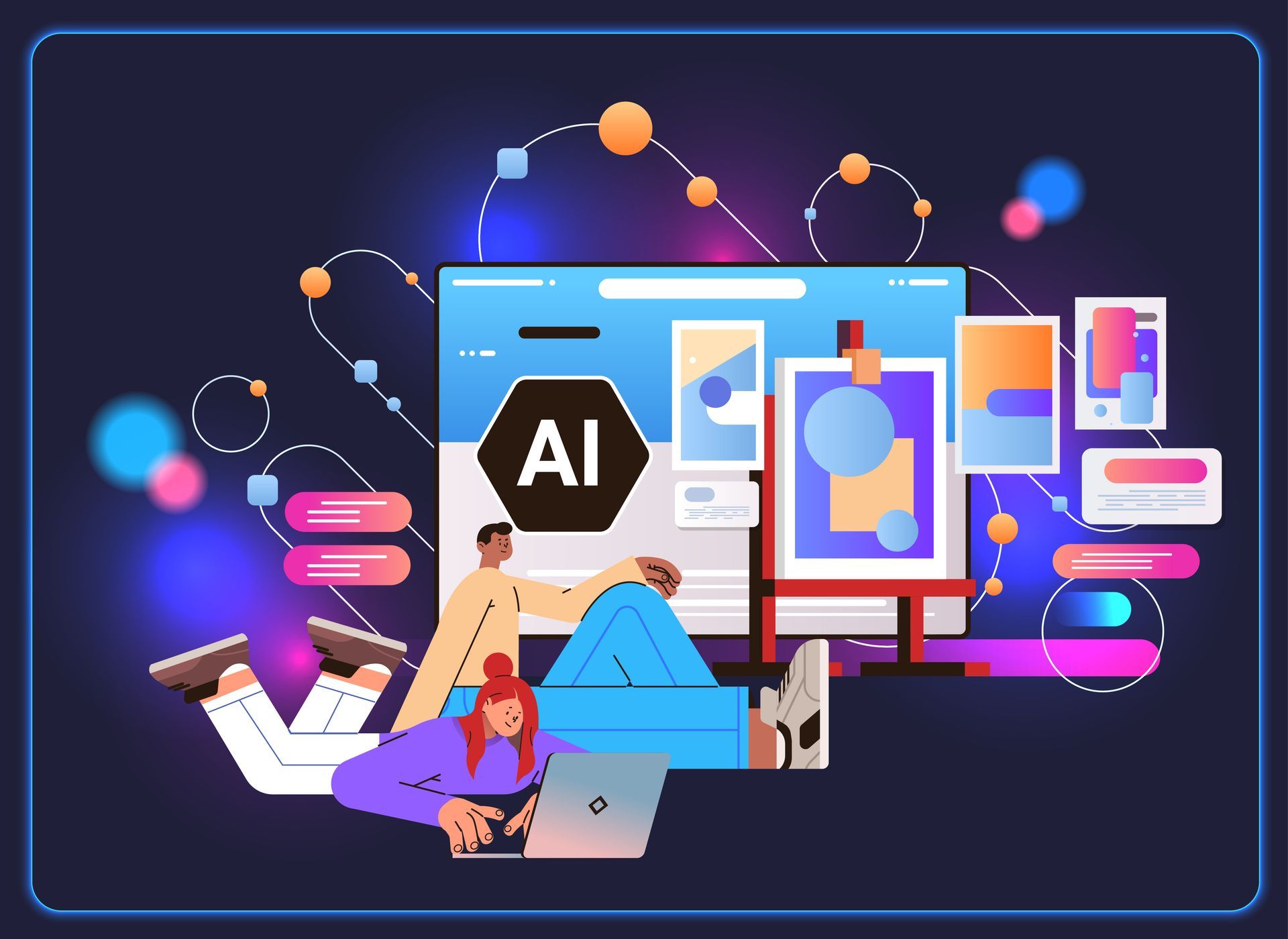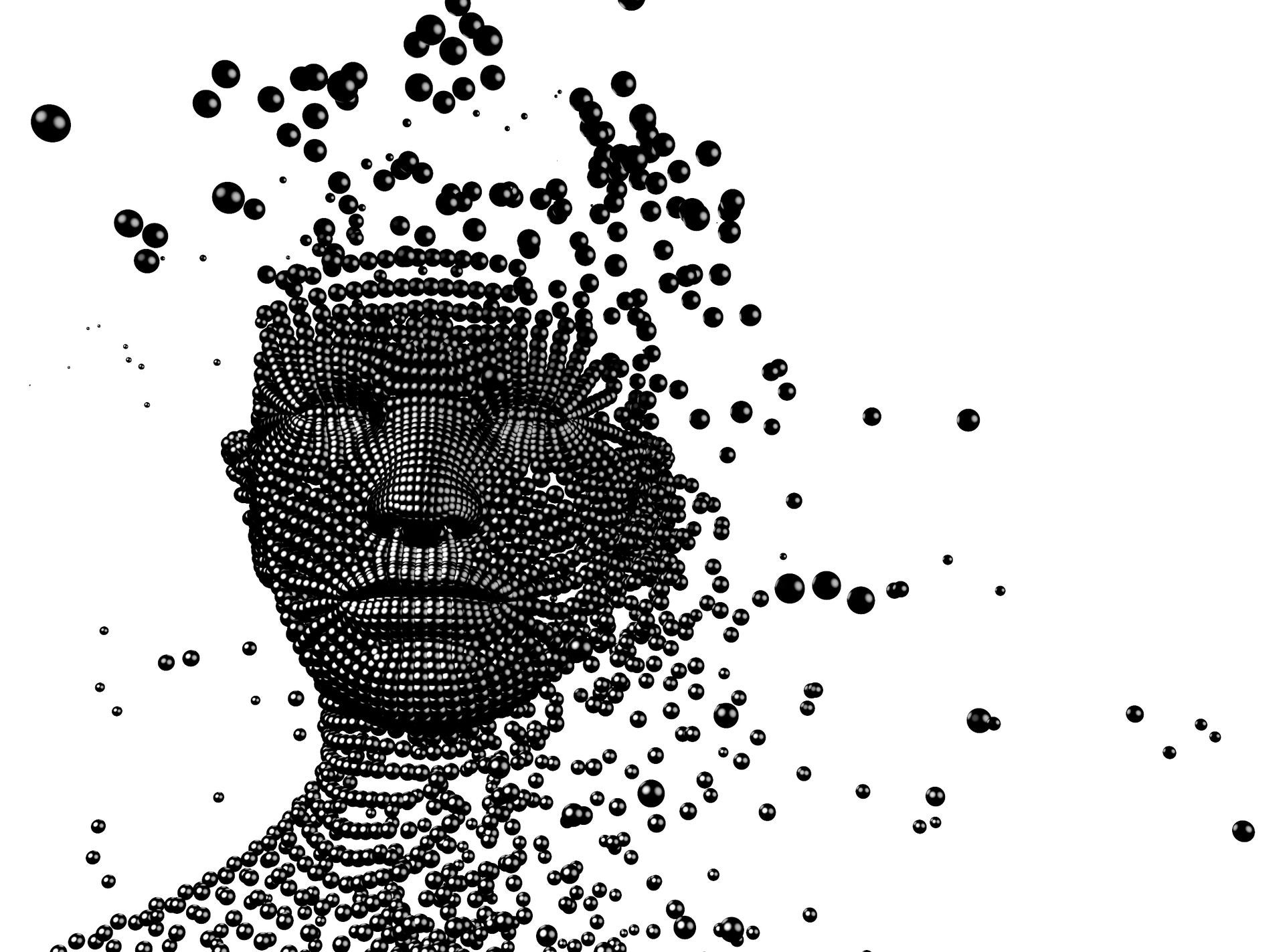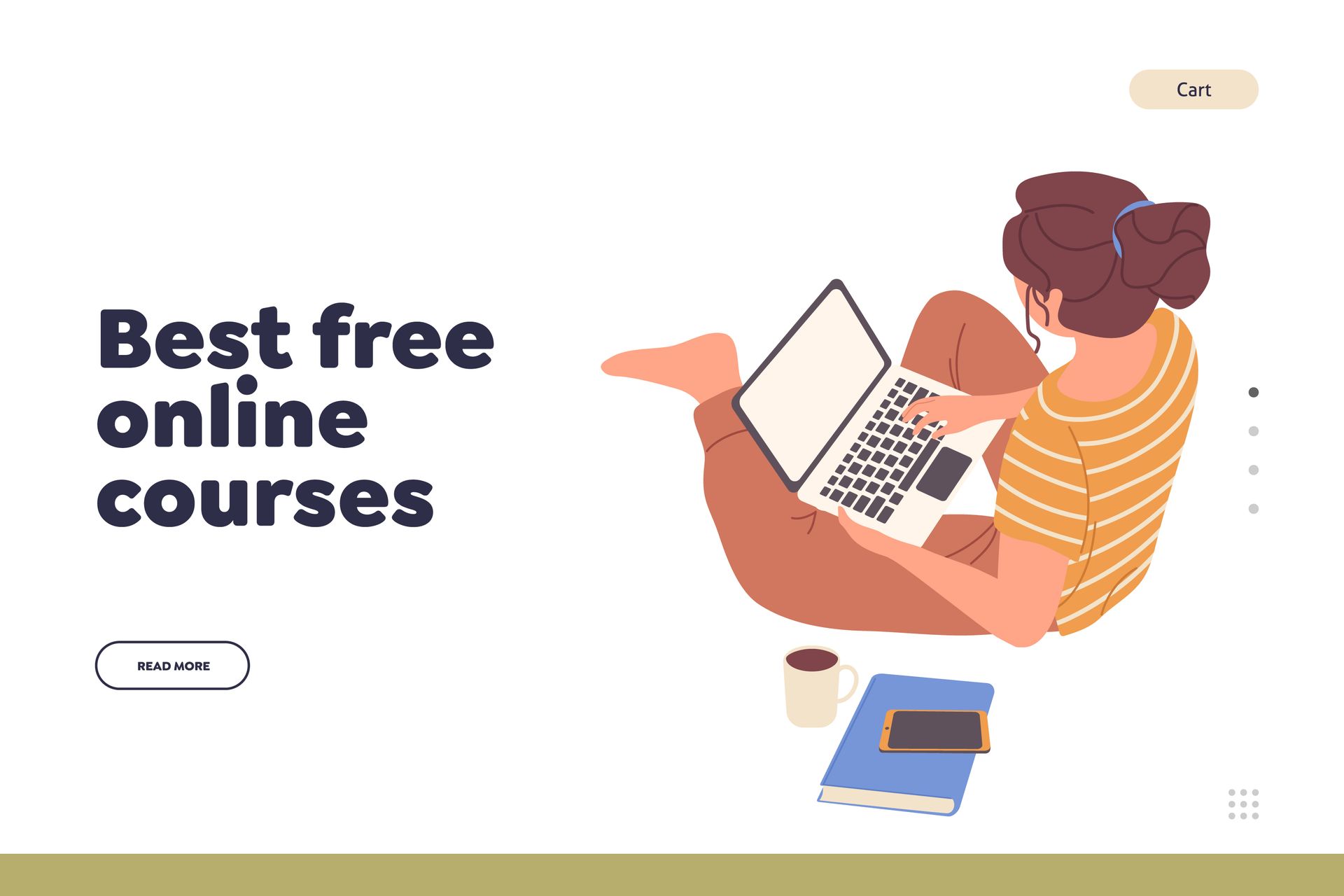AI, Medicine, and Ethics – Where We Stand
My conversation with a medical student made me realize how important it is for doctors, and also patients, to understand the ethical side of Artificial Intelligence (AI) in healthcare. AI-powered tools are already transforming the way we diagnose diseases, develop treatments, and interact with patients. But the rapid pace of this change leaves important questions unanswered.
Here's why doctors need to grasp the big picture when it comes to AI and ethics:
- Patient Trust: Patients need to trust that their privacy is protected, that AI won't lead to biased treatment, and that they're able to give informed consent about AI involvement in their care. Doctors play a key role in building that trust.
- Avoiding Harm: AI misdiagnosis or malfunction could lead to patient harm. Doctors need to understand these risks to avoid legal trouble and, more importantly, keep their patients safe.
- Shaping the Future: Doctors should be a part of developing and improving AI systems for healthcare. It's crucial their voices are heard in ethical discussions that impact their work and their patients' lives.
- The Pace of Change: Moore's Law states that the number of transistors on a chip roughly doubles every two years, leading to exponential growth in computing power. This rapid technological progress means AI systems are quickly becoming more sophisticated. Doctors need to keep up with this pace, ensuring they have the knowledge to utilize AI ethically and responsibly.
Medical schools need to provide the education required to meet these challenges. But AI ethics can be complex, and doctors need practical guidance on how to handle situations in the real world.
Key Issues in AI Bioethics
Let's focus on the kinds of questions doctors and patients should be prepared to address:
- Data Privacy: Who owns patient data used to train AI systems? How can we make sure sensitive health information is protected?
- Bias: Could AI algorithms perpetuate existing biases in healthcare, leading to unfair treatment of certain groups?
- Transparency: Should patients always know when AI is involved in their care? Should AI systems be able to 'explain' their decisions?
- Legal Liability: Who is legally responsible when AI-assisted decision-making goes wrong? Is it the doctor, the AI developer, or both?
Teaching AI Bioethics: Let's Get Practical
Medical students, and qualified doctors, need AI ethics education that covers:
- Real-world examples: Use case studies to illustrate how ethical dilemmas with AI play out in actual medical practice.
- Collaboration: Encourage students to interact with programmers, AI ethicists, and even patients to get different perspectives on the issues.
- Evolving guidelines: AI regulations are still developing, so education needs to help doctors stay up-to-date and adapt to changes.
The Big Takeaway
Doctors and patients don't need to be AI experts or philosophers. But, they do need to have open conversations about the rights, responsibilities, and risks around AI in healthcare. We need to find a way of teaching AI bioethics that focuses on practical answers for frontline medical staff and understandable information for patients.
Bibliography
Author
Dr. Yasser Abdullah, a UK-educated ophthalmology specialist, excels in retina, glaucoma, and cataract surgery. As Clinical Informatics Lead and Safety Officer at an NHS Trust, he merges clinical expertise with technological innovation. His research in biomedical ethics, particularly on AI in medicine, is grounded in his Masters from the University of Edinburgh. Abdullah is an active contributor to international and UK-based academic and clinical projects, reflecting a commitment to advancing both ophthalmologic care and ethical medical practice










